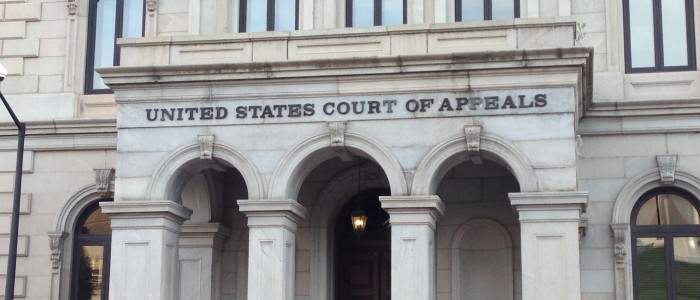Fourth Circuit Disappoints in Whiteside

The Fourth Circuit Court of Appeals this month issued a disappointing en banc opinion in U.S. v. Whiteside. At issue was whether Whiteside could obtain relief from a sentence in which he had been wrongly classified as a career offender. The panel held that he could not get relief because his petition was filed too late.
The ruling could affect hundreds of defendants who were classified as career offenders based on prior convictions that are no longer considered as career-offender predicates. The dissent called the ruling “unjust” because, even though the court agreed that Whiteside had been wrongly sentenced to an excessive period of incarceration, it chose to do nothing to remedy the problem.
The ruling leaves open many questions that affect individuals who were sentenced as career offenders based on convictions for second-degree assault in Maryland. Because the panel denied the claim on procedural grounds — the late filing of the § 2255 motion — it never considered the substantive question of whether relief would have been granted if the petition had been filed within the proper filing deadline. The problem of the late filing that eventually doomed Whiteside may not be present in cases based on the Maryland second-degree assault statute. The reason for this is technical, but important: Whiteside’s prior conviction was recategorized based on a Fourth Circuit ruling; Maryland’s second-degree assault offense was recategorized by a Supreme Court ruling.
Needless to say, this is a complicated legal issue that still has a lot of moving parts. If you or someone you know is affected by it, please call the Law Office for a consultation.
